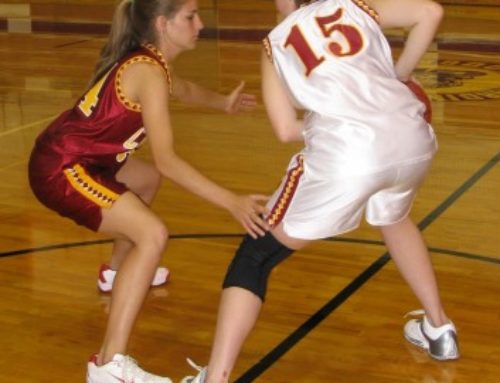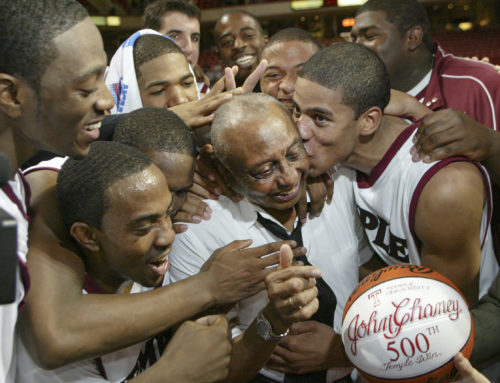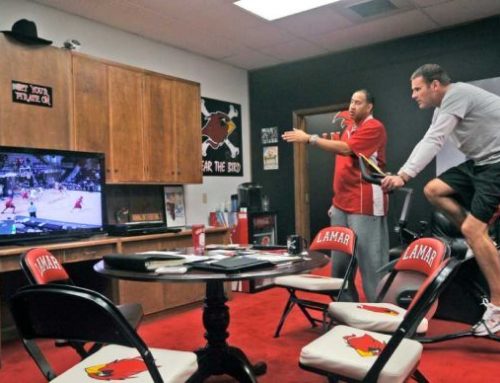Coaching is a multi-dimensional job that requires a person to be good in multiple skills. Great coaches try to improve and never stop expanding their expertise in order to be better in their profession. In our art of coaching sequence, we will try to explain which skills coaches need to focus on when they assess their abilities. The third skill that coaches need to have in order to be really great at their job is decision-making.
While decision-making is often referred to as a skill that players need to have on the court, it is an integral component of being a coach too. They have to make decisions that are often high-stakes in an environment in which they don’t have a lot of time to weigh the pros and cons of their judgement. There is even more pressure on the coach to make the right decision, as he/she is solely responsible for implementing a certain tactic, even if the whole staff concluded it was the right one. Stressors like self-expectation, importance of eventual outcome and level of preparation are just some that make coaching decisions hard. Therefore, coaches need to help minimize the pressure by being prepared for possible adjustments they might need to make.
One problem with a coach deciding what the approach of the whole team is going to be is that players often feel the coach is autocratic and they want to be included in the decision-making process. Participative decision-making can be effective as there is more input with more people, the players see the reasoning behind the decision, and there is a shared interest in the decision. However, there are issues with this approach that coaches need to look out for. Group decision-making takes a lot of time, which coaches don’t usually have in a high-pressure, in-game situation. Therefore, it is best for the collective to make a quick decision based on your intuition, and live with the result. Another issue is that players are usually self-concerned, so their decision-making could be clouded by what’s best for them. Coaches can use participative decision-making in practices on smaller, technical details (how to guard ball screens, which type of offense best suits the team etc. During the game however, it is important to put the foot down.
Coaches need to demand respect from their players. A huge part of that is knowing when to be a leader and make a decision, even if it is not quite easy to make it. Let’s look at an example. One of your best players is acting out of sort and is blaming his teammates constantly they are doing something wrong, even though he/she is the one making the errors. When you explain the situation, the player is still not happy and starts arguing. Even though he/she is your best player, your job as a coach needs to be to teach a proper way of basketball and not let somebody challenge that because they score the most points. It is very important that you have skills in social decision-making, as situation like these can greatly affect the team’s performance on the court. By knowing how to interact with, and manage different personalities, you will be able to make the right read in social settings. Showing confidence in your basketball knowledge will help your players understand that you know what you’re talking about when it comes to basketball and that they should listen to what you have to say. A cohesive environment with clearly defined roles when it comes to decision-making leads to team success!





